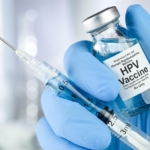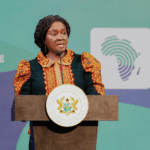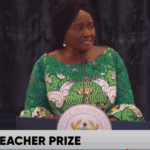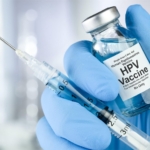
Ghana has officially joined over 140 countries globally that have introduced the Human Papillomavirus (HPV) vaccine into their routine immunisation programme.
The move is seen as a critical step in the country’s efforts to eliminate cervical cancer and safeguard the health of adolescent girls.
Ahead of the rollout, a stakeholder engagement has been held in Kumasi to raise awareness about cervical cancer burden and HPV vaccine introduction in Ghana and discuss the role of partners in the education sector for a successful vaccine introduction.
The event brought together Regional Directors of Education and School Health Education Programme (SHEP) Coordinators, to update their knowledge on cervical cancer and the HPV vaccination campaign.
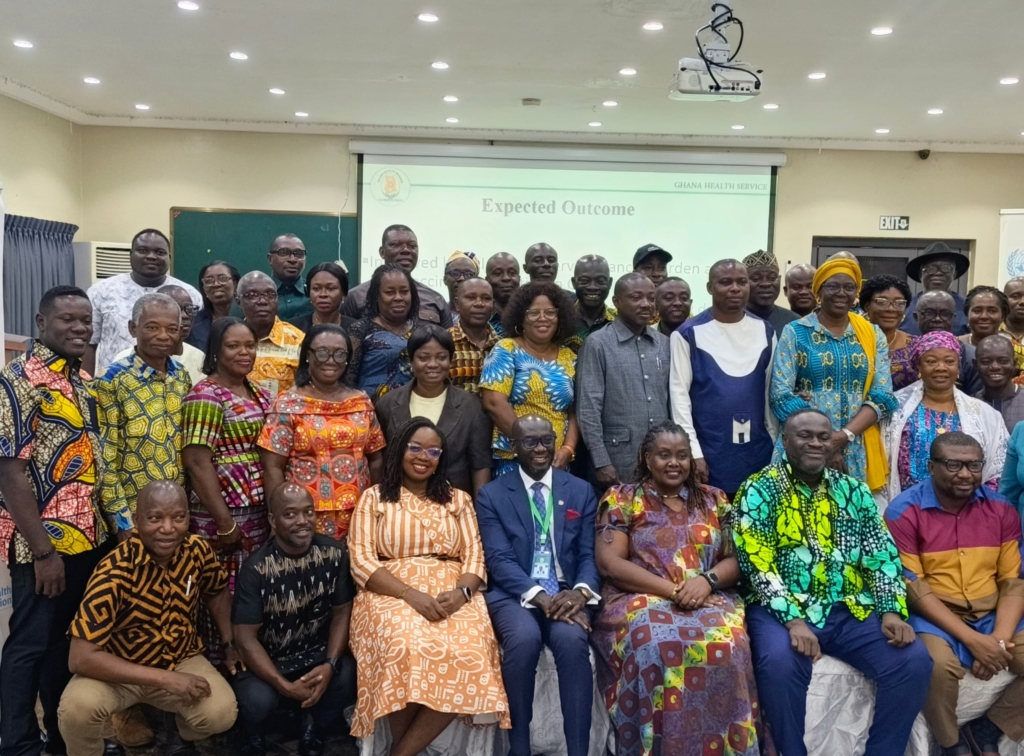
Cervical cancer, the fourth most common cancer in women globally, claims the lives of over 300,000 women each year, with sub-Saharan Africa bearing the heaviest burden.
In Africa, more than 70% of cervical cancer cases are diagnosed at late stages, leading to poor treatment outcomes and devastating impacts on families and health systems.
Dr. Fiona Braka, World Health Organisation (WHO) Country Representative, said Ghana’s commitment with the global goal to eliminate cervical cancer as a public health threat aligned with the Sustainable Development Goal 3.4.
She highlighted the WHO’s “90-70-90” targets, which aim for 90 per cent of girls to be fully vaccinated against HPV by age 15, 70 per cent of women to be screened at ages 35 and 45, and 90 per cent of women with cervical disease to receive appropriate treatment by 2030.
The vaccine will be administered to girls aged 9–14, primarily through school-based delivery systems.
Dr. Braka praised the existing School Health Programme in Ghana, which has previously delivered impactful interventions such as Girls’ Iron-Folate Supplementation (GIFTS) and mass drug administration for neglected tropical diseases.
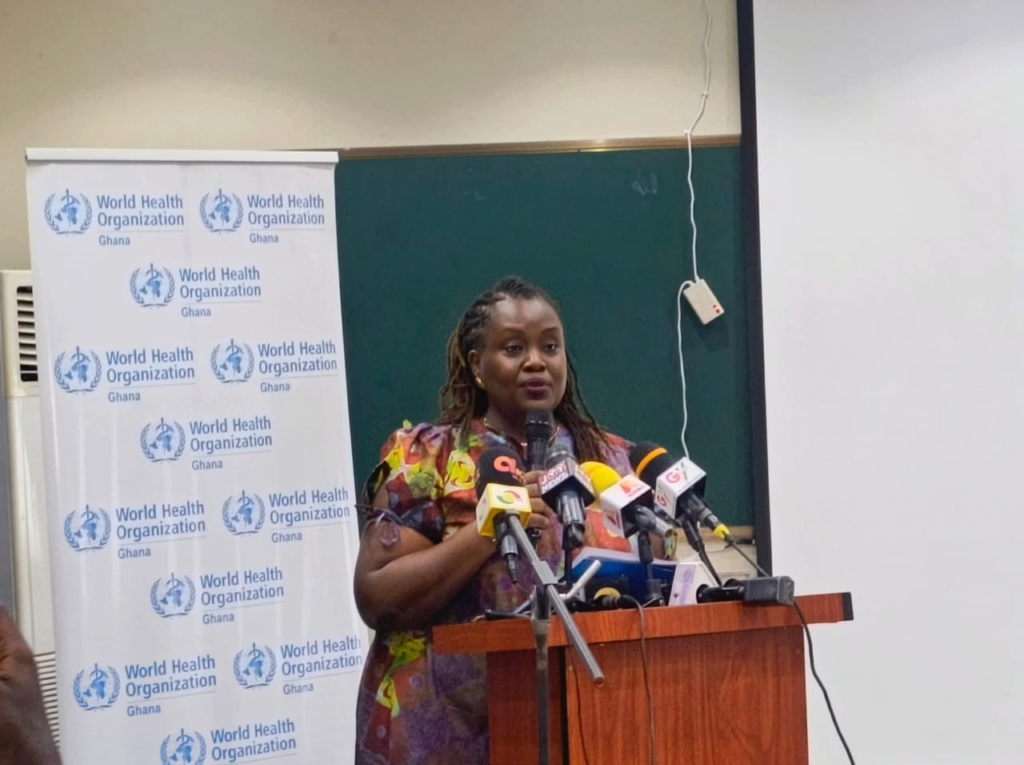
She said the introduction of the HPV vaccine presented a unique opportunity to further strengthen school-based health services.
She also appealed to media practitioners to play their part by disseminating accurate, science-based information and countering misinformation that could hinder vaccine acceptance.
“Your role is indispensable. Share human-centered stories that highlight the impact of HPV vaccination and give health experts platforms to educate the public,” she said.
Dr. Fred Adomako-Boateng, the Ashanti Regional Director of Health Services, said partners in the education sector were powerful agents of community influence and trust.
He said the participants were united by a shared goal to protect the health and future of adolescent girls in the country.
The introduction of the HPV vaccine, he said, would offer a unique opportunity to protect girls before they are exposed to the virus that causes the disease.
“The Ghana Health Service has scheduled to vaccinate all girls aged 9-17 years against cervical cancer and give them a head start towards a healthier cervical cancer free adulthood,” he added.
- President Commissions 36.5 Million Dollars Hospital In The Tain District
- You Will Not Go Free For Killing An Hard Working MP – Akufo-Addo To MP’s Killer
- I Will Lead You To Victory – Ato Forson Assures NDC Supporters
Visit Our Social Media for More

